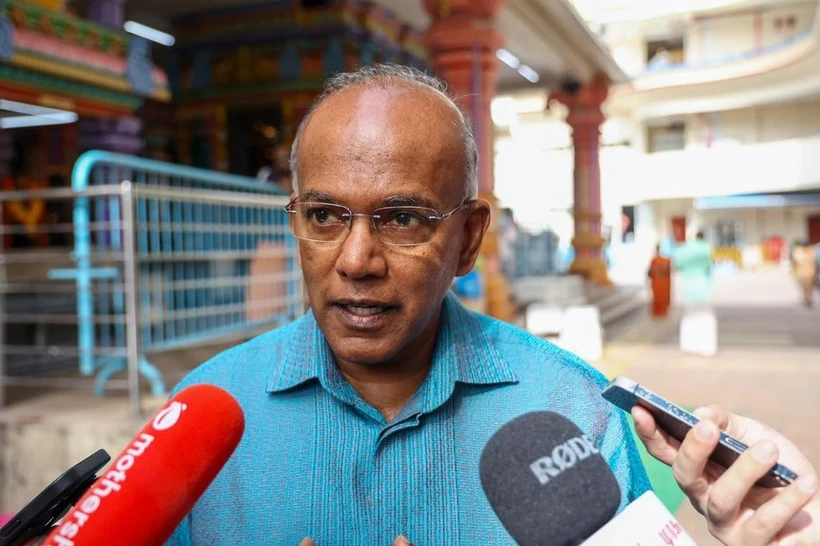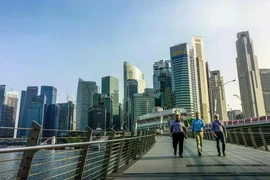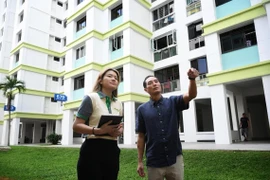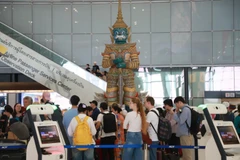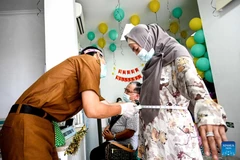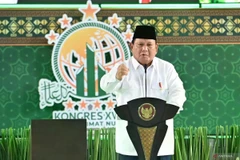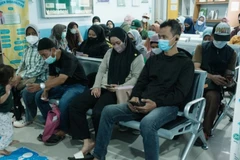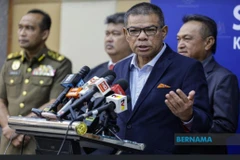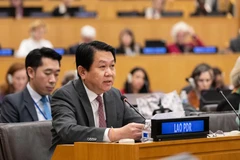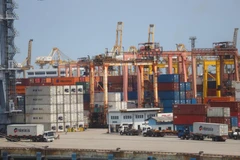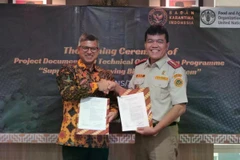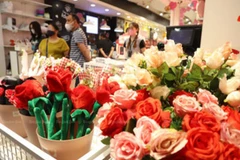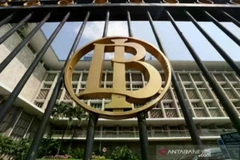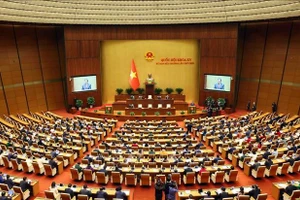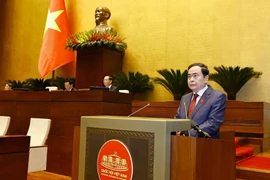Singapore (VNA) – Singaporean Minister for Home Affairs K. Shanmugam on February 11 warned the people to be psychologically prepared as more radicalised individuals have been identified.
Shanmugam’s warning came after the Internal Security Department (ISD) announced on February 10 that two self-radicalised Singaporeans had been issued an Order of Detention and a Restriction Order under the Internal Security Act (ISA), respectively. Among them was an 18-year-old student who, according to the ISD, was radicalised by violent far-right extremist ideologies and aspired to conduct attacks against Malays and Muslims in Singapore.
Another ISD announcement has revealed that three self-radicalised Singaporeans were detained under the ISA in November 2024. The agency noted that all the three had been separately radicalised online and were preparing to engage in armed violence overseas.
Shanmugam noted the rising number of cases showed Singapore was not immune to the threat and that the trend was worrying./.
